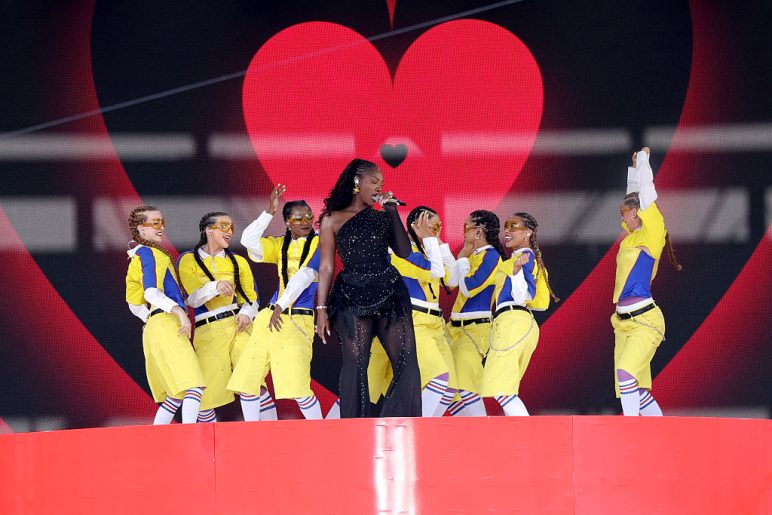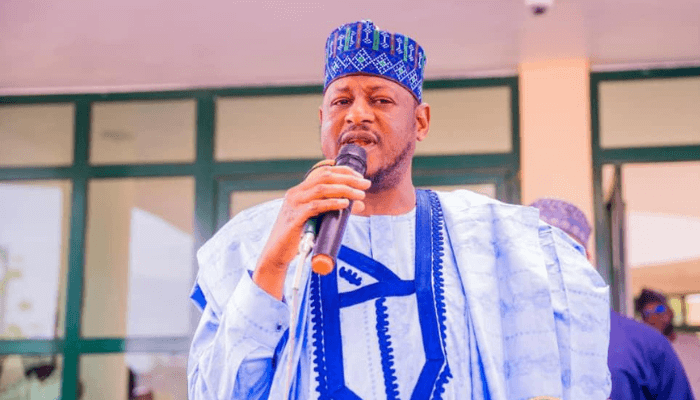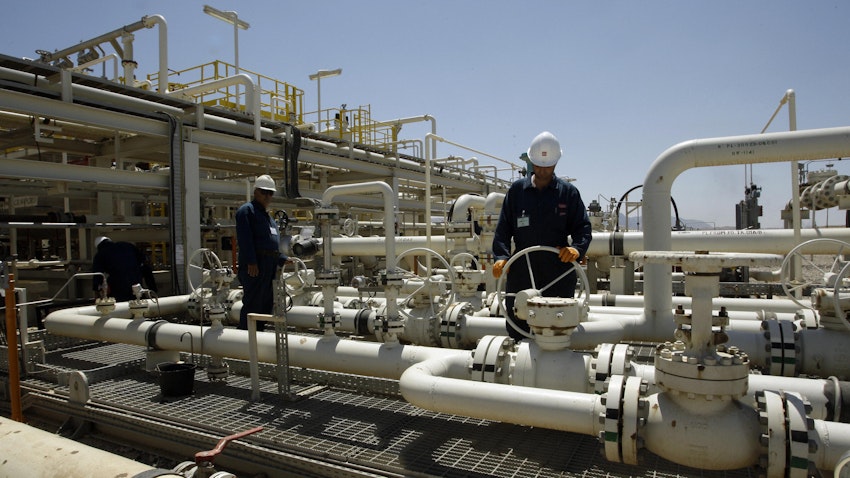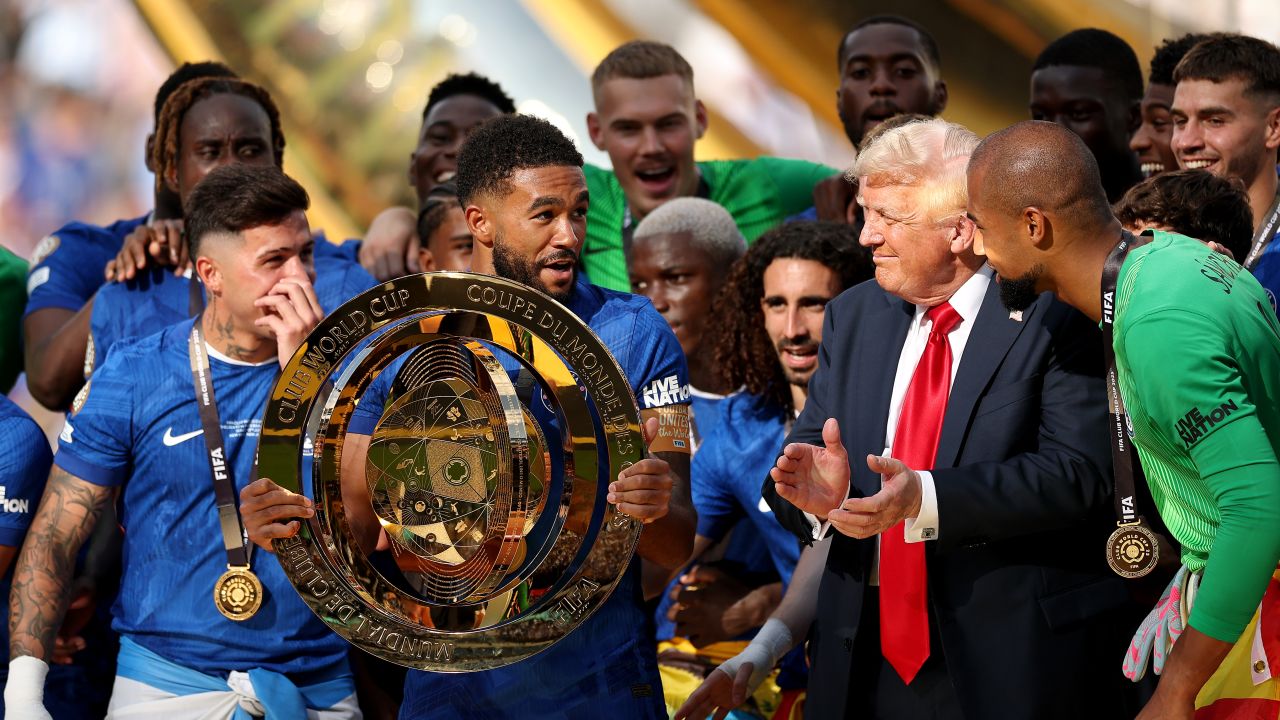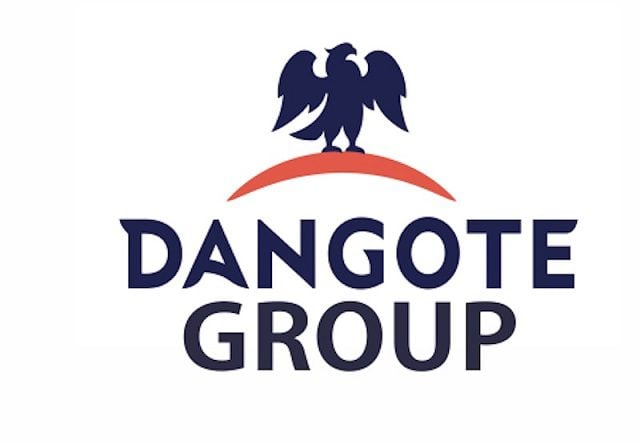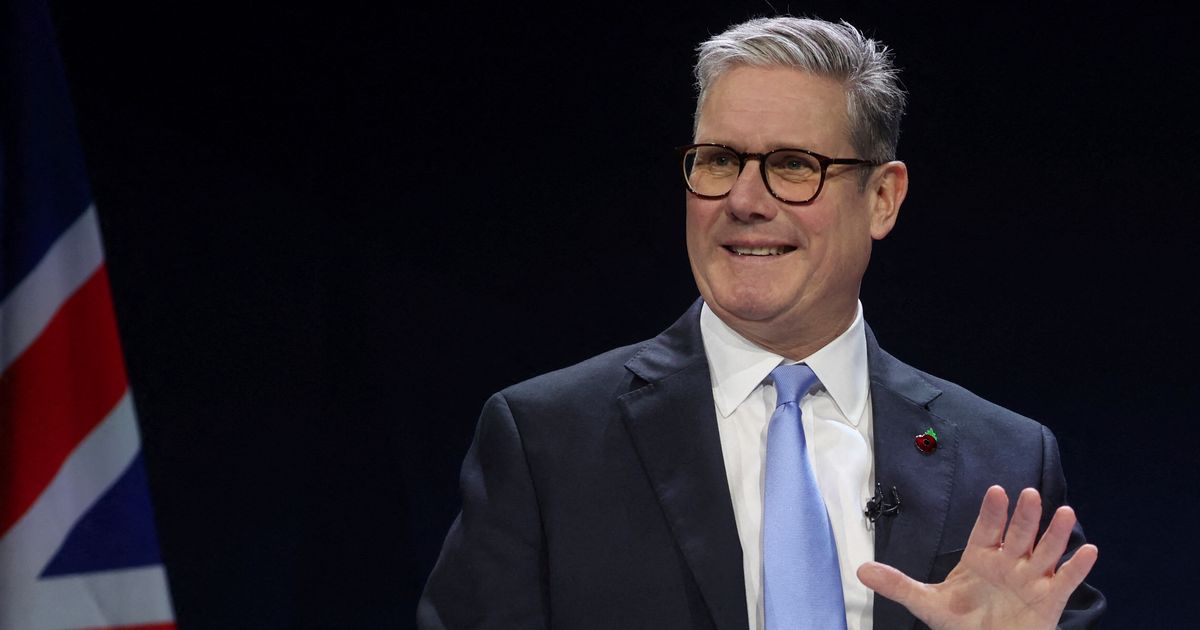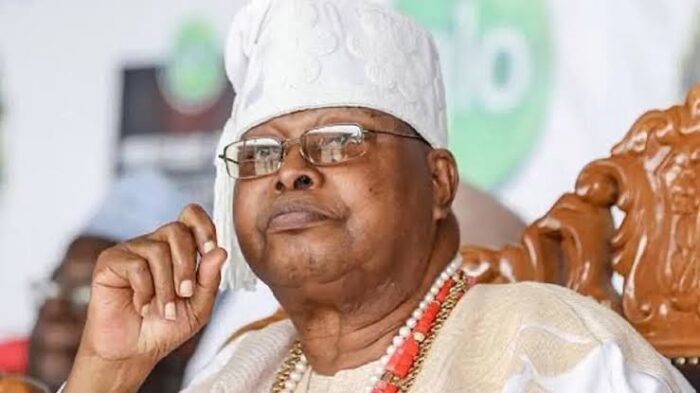Labour leader Keir Starmer has expressed confidence that the UK-US special relationship will continue to thrive under Donald Trump, but concerns loom over potential challenges if the Republican candidate returns to the White House.
Starmer, who made a diplomatic overture to Trump late Wednesday by offering congratulations on his campaign, told reporters in Budapest on Thursday that the conversation was “very positive, very constructive.” However, experts warn that a Trump presidency could introduce tensions between the two allies, particularly on issues like trade, Ukraine, and NATO.
Richard Whitman, an international relations expert at the University of Kent, suggested the UK’s centre-left government will be “nervous” about Trump’s return. “The UK’s foreign policy largely mirrors US priorities,” he explained, highlighting concerns about Trump’s stance on Ukraine and NATO. Britain has been one of Ukraine’s staunchest supporters since Russia’s invasion in 2022, and a shift in US policy could put the UK in a difficult position.
“Britain can’t completely change its stance on Ukraine, having invested so much,” Whitman added. The UK’s support for Kyiv has included substantial financial and military assistance, making a policy shift untenable without significant political fallout.
Trade relations also remain a point of contention. Trump has previously threatened to impose tariffs on US imports, including a 20% levy on all goods and up to 60% on Chinese products. A trade war between the US and the EU could place the UK in a precarious position, caught between its closest ally and the European Union.
The National Institute of Economic and Social Research has warned that Trump’s trade policies could stifle UK economic growth, pushing up prices and interest rates, further complicating Starmer’s efforts to rejuvenate the British economy.
Lindsay James, an investment strategist at Quilter Investors, echoed this concern, saying that Trump’s presidency would likely stymie any attempts to negotiate a US-UK trade deal, as “the UK holds no obvious bargaining chip.”
Despite these potential obstacles, Labour has worked to foster ties with Trump’s camp. Starmer met with the former president in September, and senior Labour figures have sought to navigate the rocky political terrain. However, past remarks from senior Labour officials—such as Foreign Secretary David Lammy’s 2018 description of Trump as a “woman-hating, neo-Nazi sympathizing sociopath”—could complicate matters.
Minister Pat McFadden downplayed these tensions, saying shared values and interests would prevail over past criticisms. “You can move past these things,” he said, emphasizing the importance of the wider relationship.
Further complicating matters is the role of Elon Musk, a prominent Trump supporter. Musk’s controversial comments on far-right riots and civil unrest in the UK this summer have already raised concerns within the government. Labour’s focus on climate change policy, in contrast to Trump’s climate skepticism, could also create discord between the two countries.
Despite these challenges, experts suggest that the UK-US special relationship, which has endured for over 80 years, will likely remain resilient. Simon Fraser, former UK foreign office chief, noted that “political differences at the top don’t mean the whole relationship is vulnerable.”
However, Whitman warned that without a clear “Plan B” for its US relations, the UK risks facing uncertainty, especially after Brexit left the country without strong alternative alliances.
“If the UK-US relationship falters, it could leave a significant gap in Britain’s foreign and security policy,” he said, “and with Brexit already creating challenges, the UK would find itself truly adrift.”




